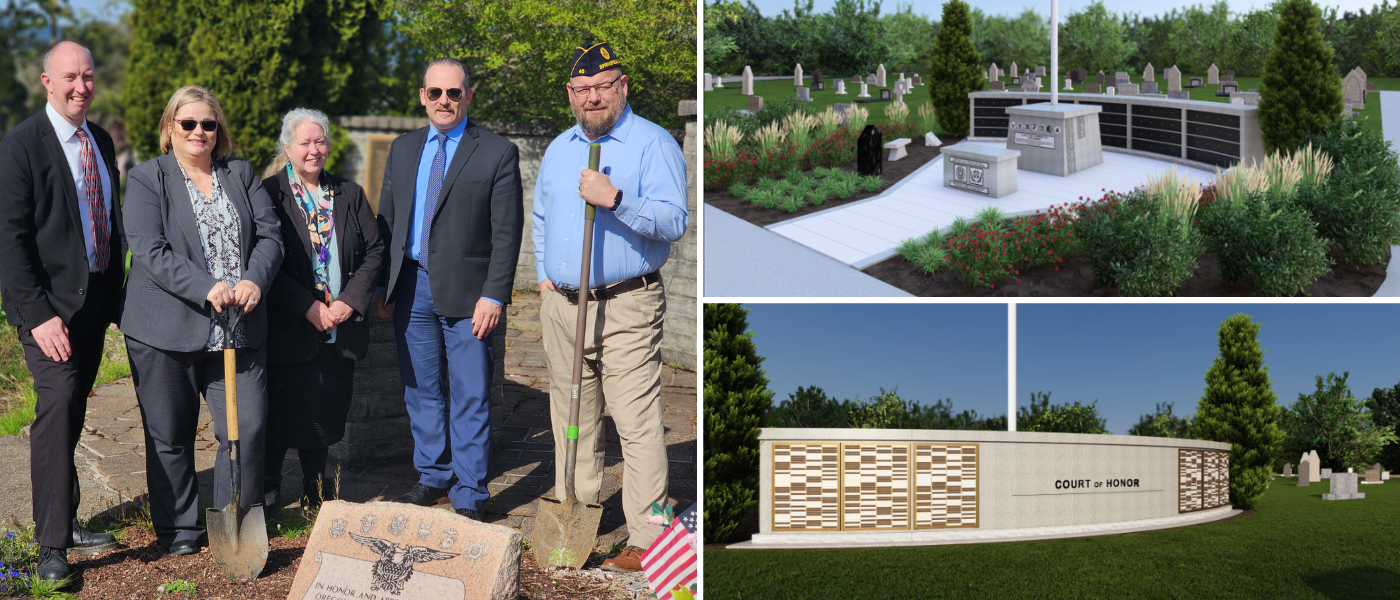Government Makes Grave Mistakes in Mailing Checks After People Die

NAPLES — Dead men may tell no tales, but dead men – and women – have cashed government checks, often for years after death.
And the government may not know unless someone reports it. Often, it involves a son or daughter.
In the cases of two Florida women, they were accused of hiding their mothers’ rotting corpses for years while cashing thousands of dollars of their Social Security checks.
For years, their neighbors complained of a stench. Gail Andrews’ neighbors even suggested her dead mother was inside her South Fort Myers home.
In March, nine months after 87-year-old Gladys Andrews’ corpse was found hidden in blankets, her 62-year-old daughter was indicted on charges she cashed $73,715.70 in benefits checks.
The grisly June 2010 discovery was eerily similar to one on Florida’s east coast a year earlier, when 90-year-old Timmie Jordan’s mummified remains were found in her bed in her Indian River County home.
Penelope Sharon Jordan, 61, was found living in filth in March 2009, her Sebastian home piled high with garbage, her dead mother fused to her bed, still in a nightgown.
Her daughter was convicted after she cashed $237,876 of Social Security and spousal survivor military pension checks – and even diligently filed her taxes – for at least six years.
Their cases are among thousands investigated by the Social Security Administration.
From October 2008 through March 31 of this year, the agency closed 1,226 investigations into suspects cashing dead peoples’ Social Security checks, according to Jonathan Lasher, a spokesman for the agency’s Office of the Inspector General.
A total of 305 defendants were sentenced and 52 avoided conviction through pretrial diversion agreements, he said, and the rest were disposed of through civil or administrative action.
“There are often projects, investigations or audits undertaken to detect this activity, such as an audit looking at Medicare non-usage,” Lasher said of an older person who stops using Medicare yet continues to receive Social Security benefits – an indication of “deceased payee fraud.”
“Much of our investigative work in this area, though, comes from the same source as many of our best investigations – allegations from the public to our fraud hotline,” he added.
Andrews and Jordan, both former teachers, joined a handful of the more unusual cases in the past three years. Among them are a Brooklyn man who dressed in drag to collect $115,000 in Social Security checks and rent subsidies issued to his dead mother and two New York men who wheeled their dead roommate to a Hells Kitchen check-cashing store with his $355 Social Security check – emulating the movie “Weekend at Bernie’s.”
Some involve hundreds of thousands of dollars, but due to the statute of limitations, the government can only prosecute four years back.
A 2010 indictment handed up by a federal jury in Fort Myers accused Lisa Kay Maitland, 52, of receiving $167,352.07 in Social Security benefits for 14 years after the death of her adoptive father, Presler Throckmorton, of Lehigh Acres.
Maitland, a Lee County legal assistant for 30 years, pleaded guilty in October to conversion of public funds for receiving $23,378.90, the amount deposited into her bank account from June 1, 2005, through Feb. 1, 2006.
Throckmorton died in 1992 at 83, but his $2,650.22 monthly checks continued getting deposited. The indictment alleged $361,616.86 in overpayments.
At Maitland’s sentencing in January, her defense attorney argued that a lawyer had advised her a joint account was the best way to handle Medicare requirements for her ailing mother’s care, that she’d tried to report the death and had used most of the money to pay her mother’s hefty bills.
The judge didn’t buy it.
“To me, it smacks more of greed than anything else,” U.S. District Judge Charlene Honeywell said at the sentencing. “Perhaps she got used to the money coming in on a monthly basis.”
But thieves don’t always seek the benefits. Sometimes checks just arrive in mailboxes, luring greedy relatives into fraud.
The Social Security Administration mailed out $18 million in federal stimulus checks last year to 71,688 dead people and $40.3 million in questionable disability benefit payments to 1,760 people six feet under, according to a 2010 report by Sen. Tom Coburn, R-Oklahoma, a doctor known as one of the nation’s top fiscal-waste watchdogs.
Federal Programs to Die For: American Tax Dollars sent Six Feet Under was compiled from government audits and reports by the Government Accountability Office, inspectors general and Congress. It revealed more than $1 billion was sent to more than 250,000 dead people over 10 years.
“Washington paid for dead people’s prescriptions and wheelchairs, subsidized their farms, helped pay their rent and even chipped in for their heating and air-conditioning bills,” the report said.
Social Security Commissioner Michael J. Astrue told Coburn it would be “extremely expensive,” maybe even “impossible” to determine if a person is dead or alive – especially if a death occurred many years ago.
A Social Security spokeswoman said there were more than 92 million records in the agency’s Death MasterFile as of Dec. 31, up from 80.6 million five years earlier.
“We depend on family members and funeral homes to notify us of a death,” Astrue wrote Coburn in 2009. By law, funeral homes and medical examiners are required to report deaths by Social Security number.
But cases like Andrews’ and Jordan’s are the hardest to detect because the bodies are hidden, the deaths unreported.
Both women claimed they couldn’t afford burial expenses and initially told investigators their mothers were staying elsewhere.
Although Jordan claimed her mother died in 2003, she likely died before December 2001, according to an affidavit by Penelope Jordan’s sister. She said she flew in from Botswana, South Africa, to see her sister and mother that Christmas, but her sister wouldn’t let her inside the house, claiming it was in disrepair – and that her mother died “some time ago.”
Jordan, who was sentenced to three years in federal prison, was released in October and is serving three years of supervised release. She must repay the money and undergo mental health treatment.
Her phone numbers are disconnected and her federal public defender, Panayotta “Penny” Birch, declined comment.
Andrews, a Lee County teacher for 20 years, left her job to care for her ailing parents. Andrew John Andrews, died in 1999 at 83 and his wife collected his Social Security retirement and survivors benefits, and her own benefits.
Gail Andrews has said her mother fell making her bed and she couldn’t lift her, so she placed pillows and blankets on the floor. She died two days later. Fearing she’d be thrown out of the home she’d lived in for 36 years, due to disrepair, she kept it secret.
Andrews’ trial is set for trial Sept. 9. The indictment accuses her of receiving payments from January 2005 until July 2010.
“I have no idea what they’re basing that on,” Assistant U.S. Public Defender Martin DerOvanesian said. “I don’t know if they’re using a Ouija board, or what – or if they’re basing it on a nosy neighbor.”
A neighbor told investigators that Andrews wheeled her mother onto the front porch about five years earlier – after neighbors repeatedly inquired about her. It was the last time she was seen.
DerOvanesian couldn’t say much about the case or his planned defense.
“My understanding is that the remains are being studied by a forensic anthropologist in Gainesville and that there are no results yet,” he said. “The government has to prove the offense Ö and that could help or hurt her.”
U.S. Attorney’s spokesman William Daniels has declined comment, except to say the statute of limitations bars prosecutors from going after more than $52,308.70 she’d received since March 2006.
She has denied benefiting much from the checks and said some cash was lost during the search of her home, some was eaten by rats and other bills were ruined after water seeped into the home.



